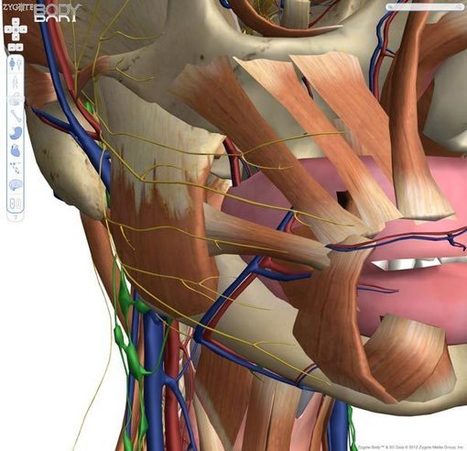The Complete History of Science (Full Documentary) . 2013
"This documentary as well as the rest of these documentaries shown here relate to important times and figures in history, historic places and people, archaeology, science, conspiracy theories, and education. The Topics of these video documentaries are varied and cover ancient history, Rome, Greece, Egypt, science, technology, nature, planet earth, the solar system, the universe, World wars, battles, military and combat technology, current events, education..."
Via Terheck



 Your new post is loading...
Your new post is loading...











